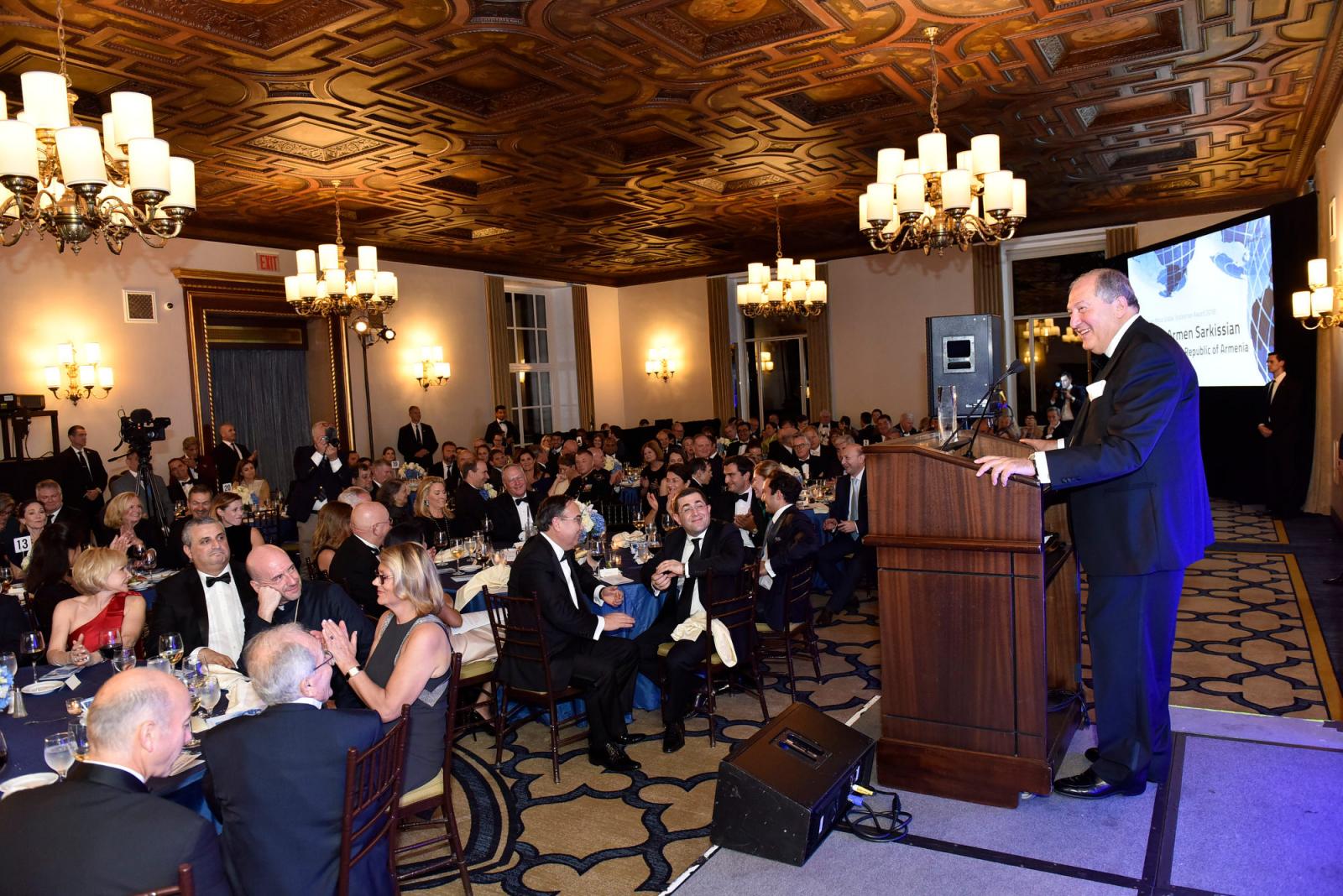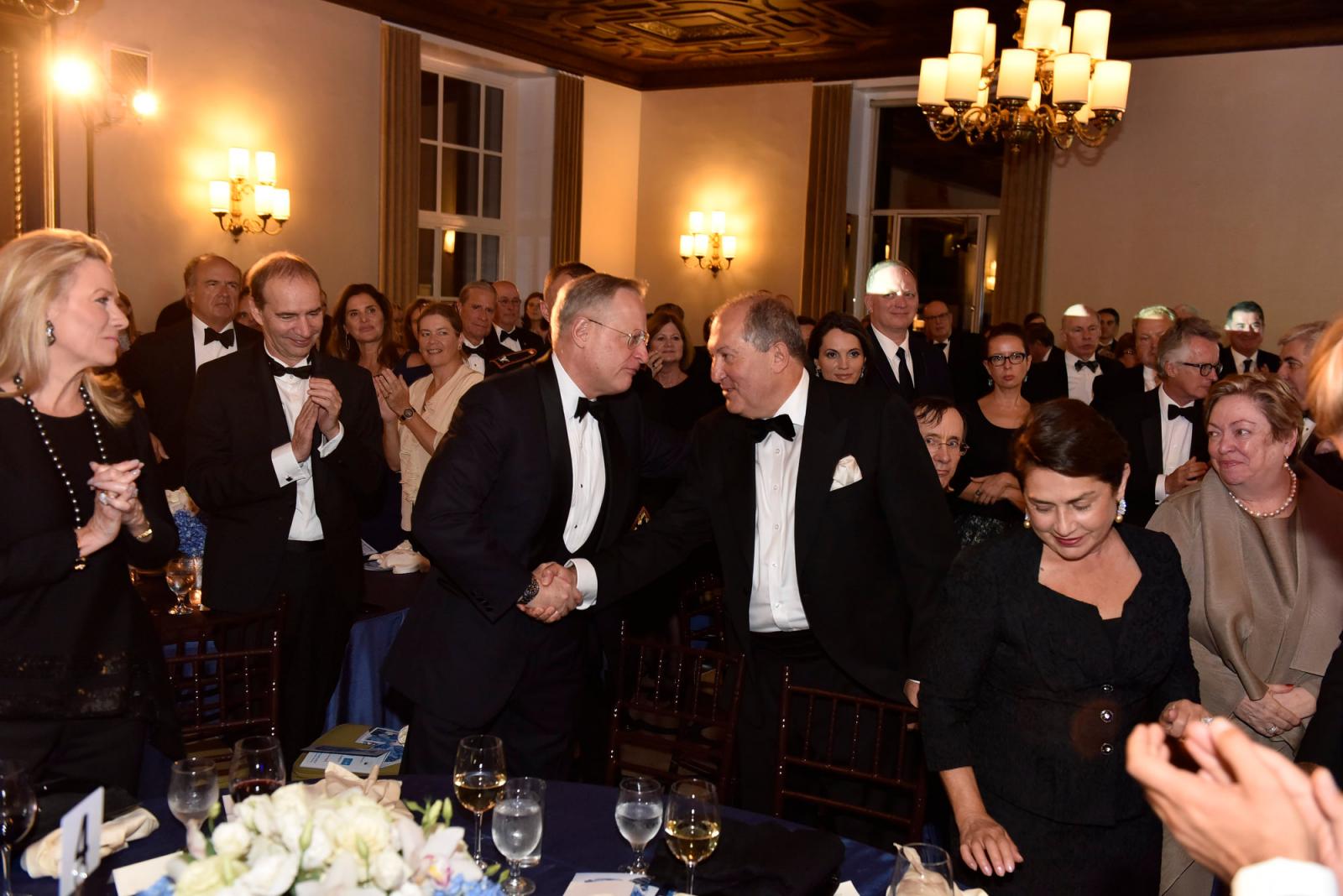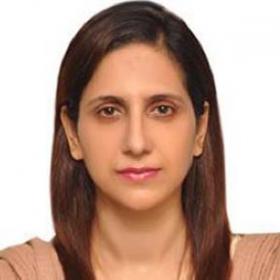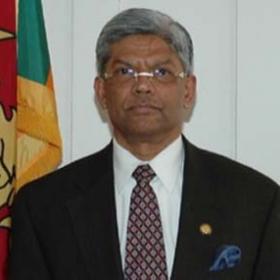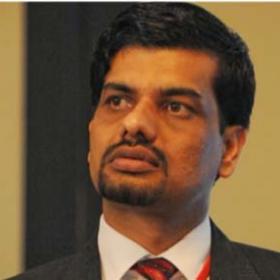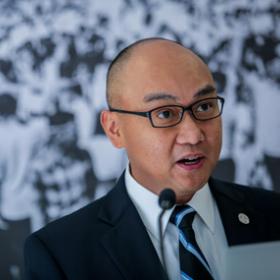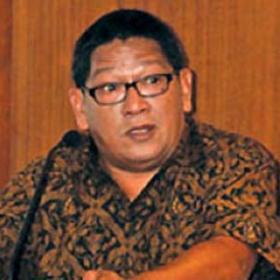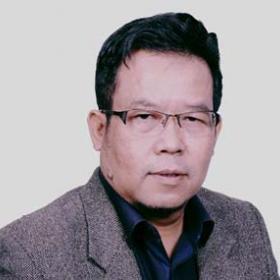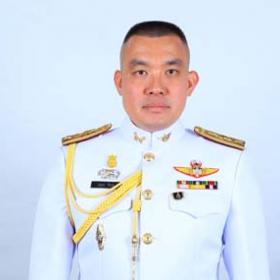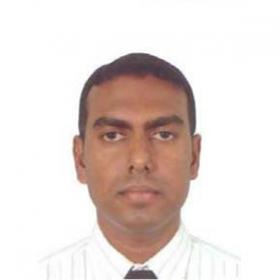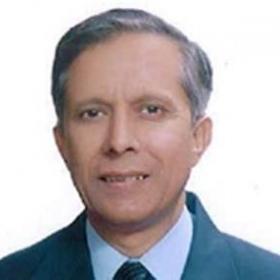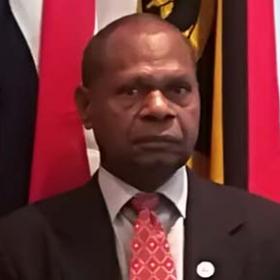Brexit: Uncertainty the only Certainty
After a truly tumultuous couple of weeks in British politics, following the publication of Theresa May’s 585-page EU withdrawal agreement, it is finally apparent that the wheels of reality are slow starting to crush the Brexit dream
Now that some of the dust has settled surrounding the media frenzy around No. 10, it is clear that this agreement has little purchase among anyone in parliament. Brexiteers are appalled at the prospect of the UK relinquishing its ability to shape future EU policy decisions whilst still subject to them under the transition period. Remainers see very little reason to think this deal addresses their concerns regarding jobs and Britain’s economic future. Elsewhere, in Northern Ireland, the Democratic Union Party (DUP), for whom May relies upon for a majority, are dismayed at the idea of the territory remaining in a deeper relationship with the EU to the rest of the UK. Whilst Scotland is unhappy for the exact opposite. Thus it seems the only thing currently uniting the commons is the feeling of disdain, disenchantment and derision towards May’s deal. As the Washington Post reported, the deal “gives everyone something to hate.”
And yet, it is painfully clear that May could never have achieved anything much better than what has been agreed. A sentiment encapsulated by European Commission President Jean Claude Juncker following the Brexit summit in Brussels last Sunday when he stated to reporters that “Those who think…they will get a better deal will be disappointed in seconds.” May’s negotiating position has been compromised from the outset, primarily because the promises made by the most ardent and ferocious supporters of Brexit in 2016 were built on fantasy. During the campaign, Brexiteers vowed Brits can and should have their cake and eat it; pledging to end free movement, withdraw from the customs union and avoid a hard border between Northern Ireland and the Republic, all whilst simultaneously retaining the economic benefits of regular membership. Promises which are inherently contradictory.
To this day, it remains difficult to fathom how Brexiteers came to internalize and justify such logic when it could never be in the EU’s interests to allow a member state to leave the union with a better trade deal than its remaining members. Nevertheless, the true irony in this whole sorry state of affairs is that the UK was already treating itself to a healthy piece of cake with regards to the terms of its membership: It was able to retain the pound instead of the Euro and was exempted from the borderless Schengen Zone.
The Contents
The proposal itself sets out the legal conditions of the UK’s formal withdrawal and centers around three pillars: the financial settlement, the rights of EU and UK citizens in either territory, and the border between the UK and the Republic of Ireland (the EU’s only physical border with the UK). However, when delving into the nitty gritty of the proposal, it is not difficult to see why it has garnered such an abhorrent reaction.
Firstly, the proposal seemingly locks the UK into a permanent state of purgatory. Neither in the EU nor completely out. “The worst of all worlds,” as opposition leader Jeremy Corbyn put it. The scheduled transition period for the UK leaving the EU is set to last until December 2020 once it formally leaves in March 2019. Under the transition, the UK would remain subject to all current and potentially new EU laws despite having no formal input. Fundamentally, the transition period is supposed to allow businesses and governments enough time to prepare and adapt to the new state of affairs in the relationship. Furthermore, it will provide both the UK and the EU time to flesh out a viable trade agreement, with the possibility of an extension if an agreement is not reached. However, for Brexiteers this is where the alarm bells begin to ring, since the agreement itself does not set a specific time for how long this transition may be extended. Hard-Brexiteers, particularly, have denounced this as a betrayal of Brexit; relegating the UK to a form of vassalage. Far from the Brexit dream of “Taking back control.”
These fears are also linked to the backstop proposal for Northern Ireland which would kick in if a trade agreement is not found after an extended transition period. The backstop is the proposed mechanism to prevent a hard border between the North and the Republic amidst fears the installation of security checks could reignite previous troubles on the island. It would temporarily see the entirety of the UK, including Northern Ireland treated as a single customs area, which in practical terms would mean more checks on goods entering and leaving Norther Ireland and the rest of the UK. Although Theresa May has repeatedly stressed that the backstop mechanism is a last resort and that both London and Brussels do not wish to see its implementation, it has raised concerns within the DUP that it potentially paves the way for Northern Ireland to be reintegrated into the EU since under the proposed terms, it would remain in a deeper customs relationship with the EU than the rest of the UK; a red line for DUP leader Arlene Foster.
There is a backstop review mechanism, though this has been one of the most highly contentious facets of the agreement; for it prevents the UK from unilaterally exiting the backstop if it found it no longer necessary. Instead, a joint EU-UK Joint Committee would have to agree to terminate these customs arrangements, essentially granting the EU veto power over the UK. This particular caveat was primarily behind former Brexit Secretary, Dominic Raab’s shock resignation, just hours after the announcement of the agreement two weeks ago. In a Sunday morning interview, Raab expressed his fears that this arrangement threatens to impinge upon UK sovereignty, by potentially signing the country up to a customized union “no democratic country in history has ever signed up to.’”
Where do we go from here?
The result is we are in a situation whereby May’s deal will likely be voted down in the house of commons, which will precipitate even more uncertainty. As mentioned previously, May resides over a minority government which is dependent on the 10 DUP MPs for a majority. In addition to the fervent Brexiteers and remainers in her own party, May is very unlikely to find any support in the opposition who are either remainers or see little reason to support her own government.
A rejection of her agreement will therefore increase the likelihood of a whole host of possibilities including a no-deal Brexit, a second referendum, a potential leadership contest within the Conservative party, or a general election. There are pros and cons for each of these scenarios but the harsh fact remains that none of them provide any clarity as to what will happen after they come into fruition. Unfortunately it seems, uncertainty, is the only certainty surrounding Brexit for the time being.
The views expressed in this publication are solely those of the author and do not necessarily reflect the views of the EastWest Institute


